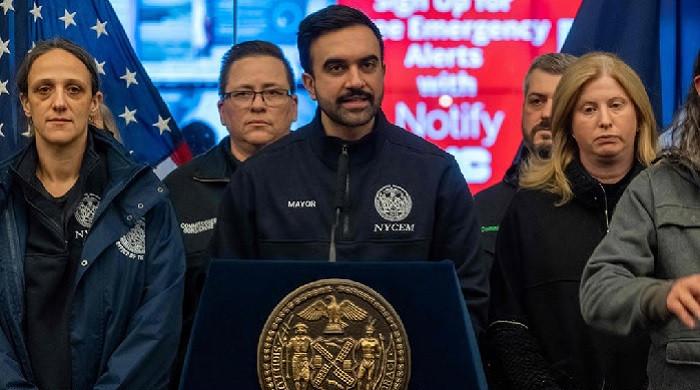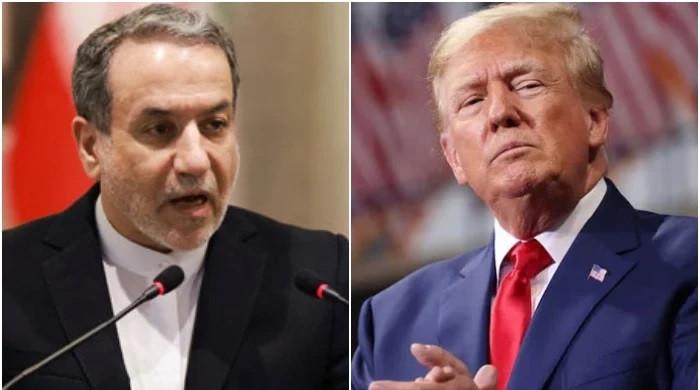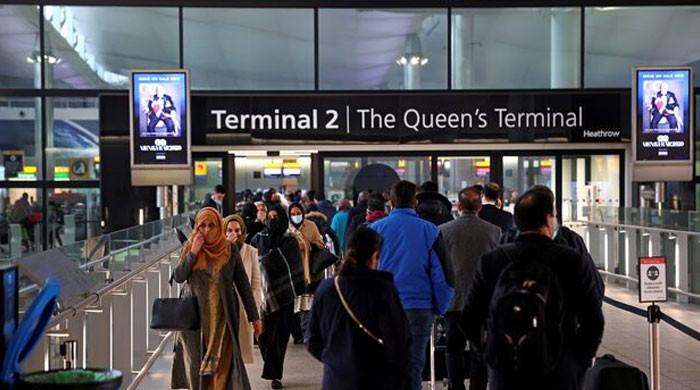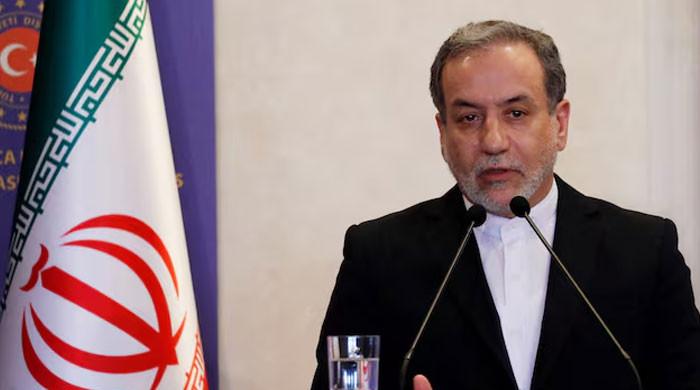Joe Biden, president-elect of a 'divided' states of America?
To unite the country, Biden will need to take on board many diverse sections of the society
November 11, 2020
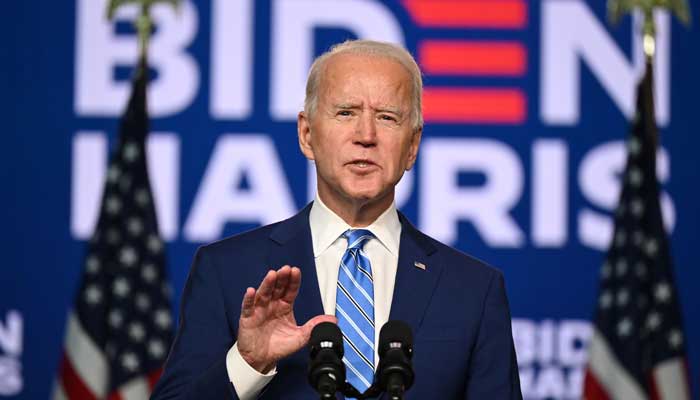
President-elect Joe Biden has made history by beating incumbent Donald Trump in the US Presidential Election 2020. But will he be able to heal the wounds and turn the divided-states of America into a "United" States of America?
It is a tall order and much more challenging task than winning an election.
In order to bridge the gulf, Biden will need to take on board many diverse sections of the society. This assessment is based on pre-presidential election programmes I produced for Geo News, and a marathon election transmission which seemed like it would never end.
During the period, I got a chance to speak to top professors, CEOs, faith leaders, students, workers and activists of all ages from Washington D.C., Maryland, Massachusetts, New York, Illinois, Texas, Tennessee, Nevada, California, Hawaii, and from the swing states of Florida, Michigan, Ohio, Georgia and Pennsylvania.
While the majority of the participants saw light at the end of the tunnel, there were concerns about the direction their country was headed in. The Trumpians feared that if elected to power, Biden would try to build his persona by un-Trumping all previous measures.
Republicans who were not pleased with some steps the president had taken during Trump’s tenure chose to remain silent, while a handful of vocal GOP leaders endorsed Biden over Trump.
Over in the Democratic camp, the divisions are just as palpable. Despite being a woman of color, on the ticket as vice president, some African Americans are wary of Kamala Harris. Her legacy as a prosecutor remained on their minds. Yet, they voted for her in droves as staying at home posed a greater risk of witnessing another four years of Trump’s presidency.
Bernie Sanders supporters meanwhile labelled Joe Biden as a man of the establishment. To them, their party had ditched the “real leader” for the so-called “electable” and that too for the second time. Still, they came to the forefront to halt the red wave.
Eventually, five days after the election, the blue wave prevailed. But, it left a dreadful wound in American society-wide open.
American people will have to wait till Biden forms his new team to determine if the healing process has indeed begun.
Uniting all the Democratic forces together is a relatively easier job for the president-elect, but can he afford to do so by further alienating Republicans? After all, in the last four years, President Trump has pushed Republicans towards the far right.
In relatively small time, the outgoing president has developed his own cult. It is evident from the fact that, despite losing the battle to win the White House again, Donald Trump has proved more popular among Republicans than he was back in 2016.
The facts and figures speak volumes about his approval ratings. This time, Donald Trump has bagged 71,043,813 popular votes — almost nine million more than he had secured four years ago.
Let’s look at this situation from another angle: Hillary Clinton had won the overall popular vote by 65.84 million to 62.98 million for Donald Trump.
This time, the margin has slightly changed. Joe Biden has won 75,597,535 popular votes i.e. approximately four million more than Donald Trump. And, that too, thanks to mail-in-voting or early voting due to coronavirus pandemic.
In a US Presidential Election Reporting Seminar arranged by the East-West Center, Professor Thomas Patterson of Harvard University reflected on the situation saying that: "Over the last 20 years, we never had a period in American history like this — where elections after elections the breakdown of the two-party vote is nearly fifty-fifty."
When it came to voting, even, some Pakistani American families were also divided nearly equally. In New York, a Professor went for Biden while his wife voted for Trump. Similar cases were reported in Texas and many other states.
The rift has so widened that university students avoid talking politics with friends and colleagues. People living under the same roof dream of an America that will be poles apart from the ideals of their partners.
Joe Biden has the rare opportunity to unite them all. The next two months will define how Biden envisions the future of America.
By focusing on young, women, ethnic and religious minorities, he can sow the seeds that a future Democratic leader will reap for good. For that, the first step is a cabinet that truly reflects what United States of America is all about.
Joe Biden will be remembered as a statesman if he takes along with him not only Democrats, but also a significant number of Republicans ditched or disillusioned by Trump and who are now facing an identity crisis.
If Biden succeeds, America will set an example for the rest of the world.






